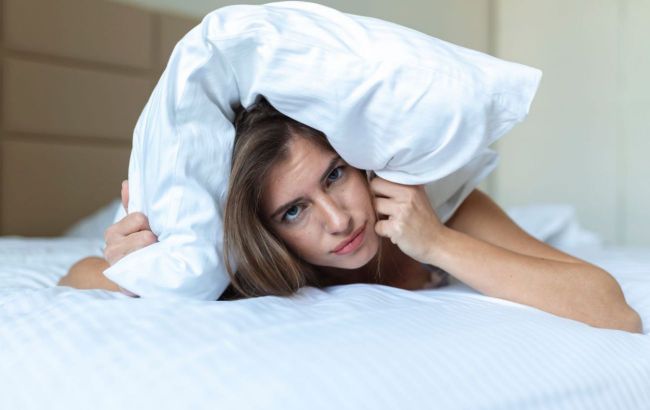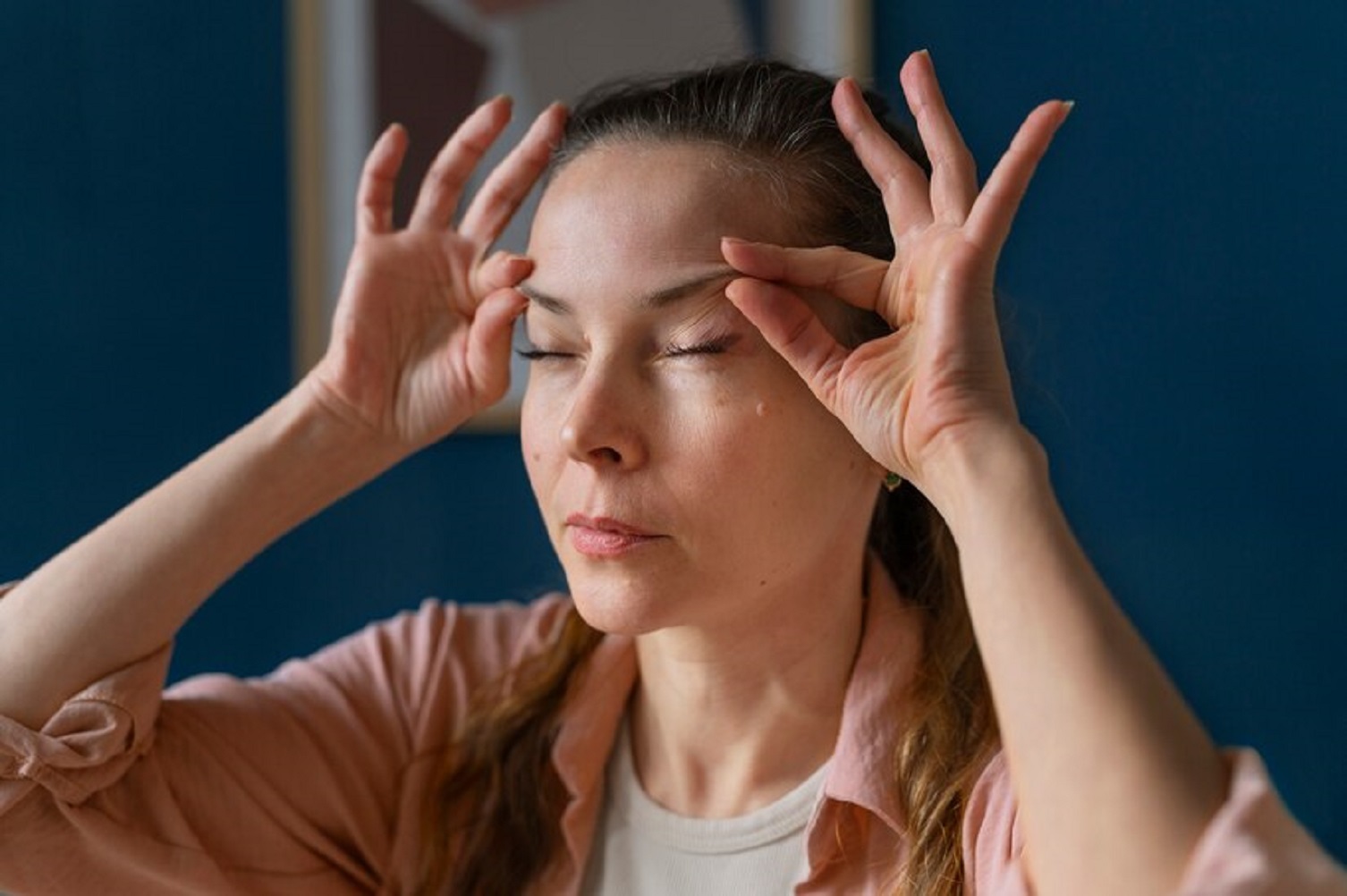What's worse for health: Sleeping until noon or waking up early?
 Illustrative photo (Freepik)
Illustrative photo (Freepik)
Many people believe that insufficient sleep is a bigger issue than allowing themselves an extra few hours of rest each day. However, oversleeping also comes with its own set of dangers. So, what’s worse: too much or too little sleep?
Sleep deprivation
Lack of sleep affects many aspects of your health.
First and foremost, it leads to fatigue, lack of energy, and excessive drowsiness, making it difficult to carry out daily tasks. Sleep disturbances also impair balance and coordination, increasing the risk of accidents and injuries. Chronic insomnia can result in mood swings and mental health issues, such as depression and anxiety.
Sleep also plays a key role in memory and cognitive functions. Inadequate sleep leads to forgetfulness and impairs your ability to respond to everyday tasks.
Sleep deprivation is also associated with increased levels of inflammatory markers in the body, which can lead to various diseases, including dementia. Dark circles under the eyes, pale skin, and puffiness are just some of the visible signs of insufficient sleep.
The immune system suffers from chronic sleep deprivation, making the body more vulnerable to infections and slowing down recovery from illnesses. Inadequate sleep is also linked to weight gain, as it affects the hormones responsible for hunger and satiety. Higher stress levels and an increased risk of cardiovascular diseases are other consequences of sleep deprivation.
As a result, chronic sleep deficiency raises the risk of developing many serious conditions, such as:
- Diabetes
- Depression
- Forgetfulness
- Hypertension
- Obesity
- Stroke
- Alzheimer’s disease
Moreover, scientists have found that among those who chronically lack sleep, mortality is 12% higher than among those who sleep six to eight hours a night.

It is chronic sleep deprivation that leads to burnout at work (photo: Freepik.com)
Oversleeping
It’s unclear exactly how many hours of sleep adults need, but 7-9 hours are recommended for those aged 18-64. Sleeping less than six hours or more than nine hours is harmful.
Surprisingly, oversleeping is also associated with depression, cognitive impairments, increased pain, inflammation, diabetes, cardiovascular diseases, obesity, stroke, and mortality.
Excessive sleep increases the risk of dementia and reduces cognitive functions. Elevated levels of C-reactive protein are associated with sleeping more than nine hours. Data also indicates an increased risk of cardiovascular diseases with prolonged sleep.

Risks of dementia and depression are the price of wanting to sleep as long as possible (photo: Freepik.com)
How much sleep is ideal?
Research suggests that seven hours of sleep is associated with the lowest mortality rates and the best cognitive function. It’s important to maintain optimal sleep duration for health and longevity.
Every spring, the National Sleep Foundation in the US surveys several thousand adults. An interesting pattern emerges: most of them claim to sleep an average of seven hours a night, which, by the way, matches the average sleep duration worldwide.
After seven hours of sleep, most adults report feeling rested and energetic, with only 5% complaining of sleepiness and fatigue.
However, if you naturally love to snuggle under the covers and feel great afterward, you probably have nothing to worry about.
This material is for informational purposes only and should not be used for medical diagnosis or self-treatment. Our goal is to provide readers with accurate information about symptoms, causes, and methods of detecting diseases. RBС-Ukraine is not responsible for any diagnoses that readers may make based on materials from the resource. We do not recommend self-treatment and advise consulting a doctor in case of any health concerns.

